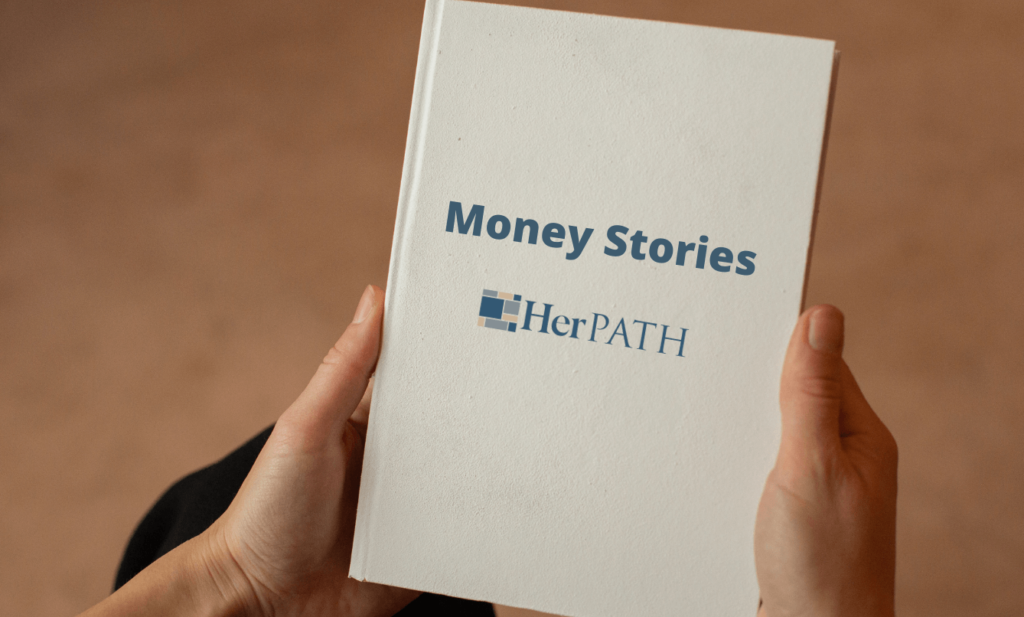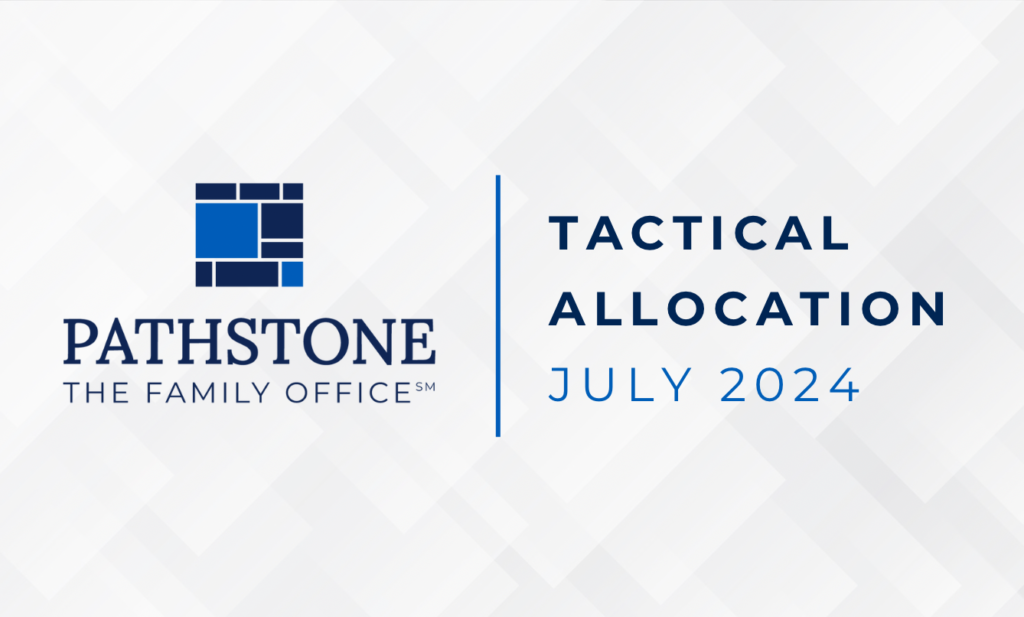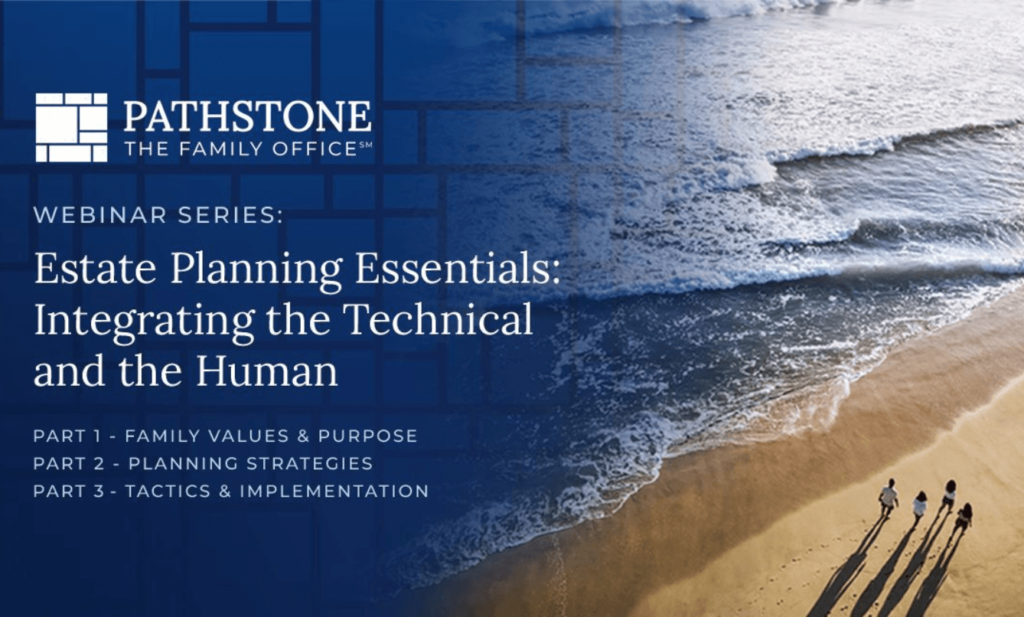5 Key Takeaways to Uncovering and Rewriting Your Money Story
1. Money stories are a path of our relationship with money, and often, we are operating with outdated money stories from past generations that we can re-evaluate.
What was your earliest childhood memory about money, and does it serve you today? Dr. Jamie emphasizes that something adaptive at one point but unexamined can be carried forward and be ineffective. It can be a valuable experience to take your power back from the family dynamics to change your money story. By examining your money story, you can discern what is relevant.
2. Money can be a great asset. On the other hand, it can protect someone from the natural consequences if they are not motivated to help themselves.
Money is a gift, but it cannot solve everything. Many clients who have developed issues earlier in life may be on a longer trajectory to hit adult milestones. Arden advises us to recognize two things: your resources will enable you if used correctly and consider reaching out to experts to help navigate challenges when you or your family needs help.
3. It is important to define your self-worth.
Though it is favored in American culture to do financially better than a parent or grandparent, Dr. Jamie notes it might be a losing battle if that is your only job and goal.
4. Expectations put on you by your family affect your financial decision-making.
Ella highlights that families who can look at different financial decisions without judgment can help their children think about money in a way that doesn’t give it too much power or frivolous value. Learning advocacy and how to work within a system requires education. Make a point to have conversations with your children about what is happening in your life and let them ask questions before a crisis happens.
5. Problems can come with any financial standing.
The shame that results from having common issues, but uncommon wealth can lead to trauma and frustration from a lack of healthy communication. Arden shares this as a consistent theme in her clientele and is largely dependent on the family’s culture around money and the individual’s perspective on how the wealth plays out in their life. Ella shares that in our western culture, if you’re not a wealth creator, it can be hard to manufacture grit and resilience, which can result in the failure to launch at any age.
Uncovering and Rewriting Your Money Story | Audience Q&A
1. What would you tell your younger self about money you wish you had known?
Ella emphasizes that it’s all going to be OK. Don’t waste your energy stressing about how it will work out. Start early to create spaces to have these conversations on a regular cadence to be proactive instead of reactive, keep your practices light and attractive. Arden believes that saving earlier and creating boundaries would be a great starting point and Dr. Jamie believes that it is important to trust yourself. Stop making the process harder than what it needs to be. Find the things you love and the people that you love will be doing those things as well. Work from your values and surround yourself with people of similar values and your life will be good!
2. When it comes to financial diversity can you turn presumed negatives into a positive?
Diverse backgrounds are everywhere and there is ongoing research to collect more data on the strengths and challenges of financial diversity. Dr. Jamie notes that the biggest trend is the intense fear to have these conversations and money as taboo. Every relationship can benefit from having early interventions and conversations before money problems start. The more we understand our own money stories and peel back layers in research the more we can deepen our relationships.
3. How do you balance being relatable to others versus those who do not have the same financial means without being apologetic?
Talk about money more because everyone has a relationship with money. Dr. Jamie strongly recommends feeling comfortable in your own skin and understanding we have all inherited things that give us privilege. The framework we currently live in grants us the privilege we have. Develop your own boundaries and decide what you’re willing to talk about and what you’re not willing to talk about. There is a difference between privacy and secrecy. Take away the element of power that gets embedded in our conversations. This can allow us to have open conversations without embarrassment or shame as the lead.
We are most grateful for Ella Chase Hyland, Arden O’Connor, Dr. Jamie Traeger-Muney, and Lisandra Wilmott for their generosity, dedication, and expertise. With the contributions they have provided here, you can begin to examine your own money story honestly and openly. Whether you choose to uncover or rewrite your money story, Pathstone can support and assist you on this journey with patience, courage, and grace. We encourage you to watch the webinar replay and please reach out to us if you have questions or would like a consultation.
Please see the PDF version of this article for important disclosures.




















